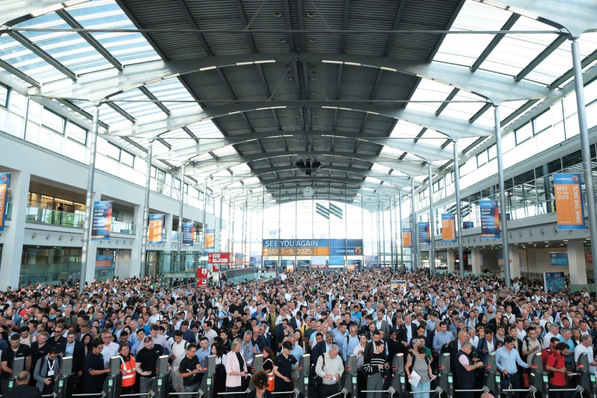It may sound crazy, but the loss of Chinese tax breaks that will lead to higher solar panel prices is good news for the solar energy sector. One of the reasons that the demand for solar panels has declined worldwide is the ever-decreasing price. After all, this makes it interesting to postpone the purchase.
That is now changing, because since December 1, the Chinese government has reduced the export tax refund by 4 percent. Chinese manufacturers of solar panels can now only get 9 percent of this tax back. "The remaining 9 percent will also be lost in the first half of 2025," says Scheper.
Also see: November 2024 pv.index – Steady market confidence as prices drop across categories
"The Chinese government is done with it. The Chinese economy has been doing less well than desired for some time and this tax benefit for solar panels is seen as unnecessary. The prices of solar panels, wafers and cells can hardly be lower, so why do you need a tax break any longer? These can be the first signs of a curve bend towards price increases. Then postponing the purchase becomes less and less interesting.“
„Storage really seen as the new gold“
This does not mean that the problems are over, as consumer demand worldwide is lower than expected and lower than supply. This has created production overcapacity worldwide that Scheper estimates to be potentially around "50 to 100 percent". According to SolarPower Europe's EU Market Outlook for Solar Power 2024-2028, the number of installed solar panels in half of the top 10 countries was lower than last year. In addition to the Netherlands, these are Spain, Poland, Austria and Hungary.
Also see: SolarPower Europe report: EU solar market with only weak growth
The other top 10 countries (Germany, Italy, France, Greece and Portugal) did see their installation figures grow, but much less strong than in 2023. While the number of installed solar panels in 2023 was 40 percent higher than in 2022, the number of installed solar panels is expected to increase by only 4 percent in 2024.
Download the full World of Solar report for free
"During and after the COVID 19 pandemic, many investers stepped into the solar energy sector because huge growth figures were being achieved. They now think: 'What a crazy market this is.' It has only cost them money. Partly because of this, solar panels are not popular with investors, but also because the manufacturers' products are fairly interchangeable. Inverters are already a bit more complex, so there is a little more margin on them. But storage is really seen as the new gold," says Scheper.
„Best for companies to work together as much as possible“
"What many people thought is that the solar energy sector would step aside and start doing storage now, but that turns out not to be so easy. Both home batteries and large-scale battery installations are not plug-and-play modules. You have to be able to install them, provide associated software and maintenance service, and to be able to act you have to work with local parties. This creates a new playing field and it is not at all certain who the winners of battery sales will be.“
Also see: Central & Eastern Europe – Utility-scale storage market set to increase fivefold by 2030
According to Scheper, this has created another situation in which many technicians are without financial resources and many investors without the right technical knowledge. "That offers an opportunity for companies, but that is easier said than done, because where is the added value of your company? The technical knowledge of batteries is not necessarily in the solar energy sector and the financial resources are not widely available at the moment. It is therefore best for companies to work together as much as possible, for example with logistics and purchasing, and thus offer added value to technicians and investors.“ (GS/hcn)








